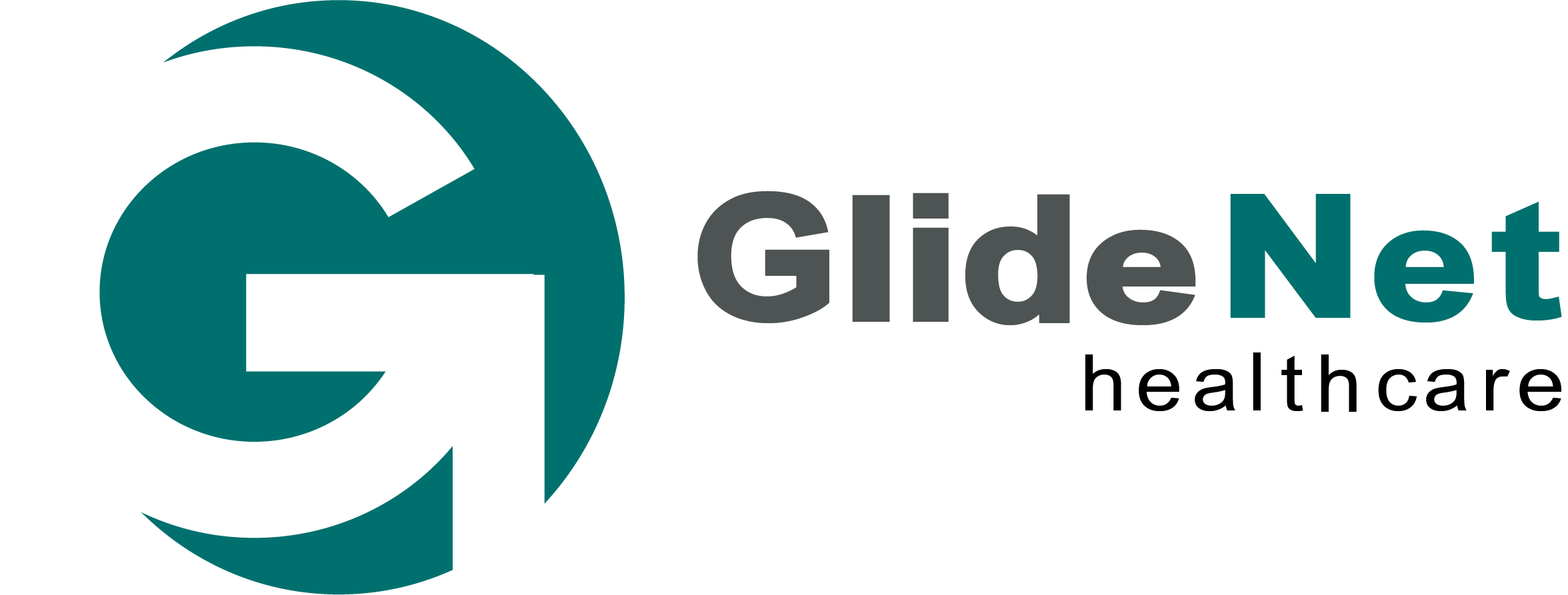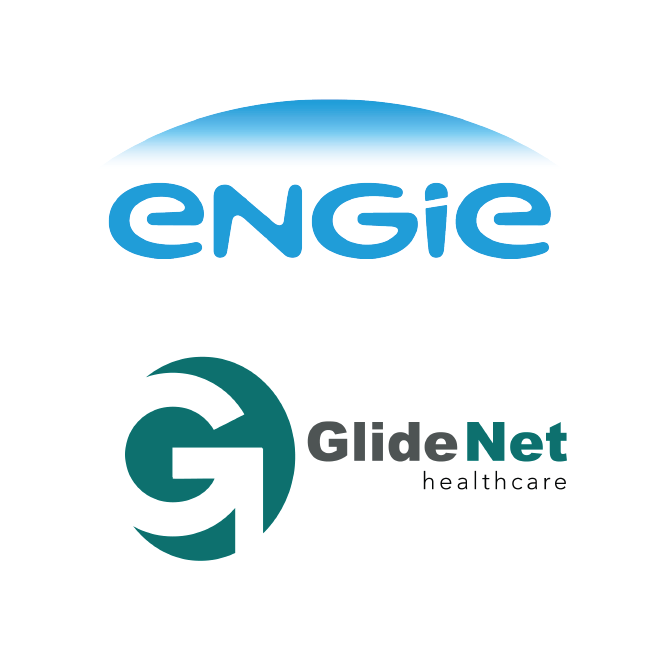FOR IMMEDIATE RELEASE
Contact: Annette Hastings, CRO
GlideNet Healthcare
Office: (800) 405-9915
COLUMBIA — (BUSINESS WIRE) — Tuesday, October 11, 2022 – GlideNet Healthcare (GlideNet) announces a collaboration with ENGIE North America (ENGIE) in their ongoing mission to assist health systems in reducing cost or re-engineering their Facilities & Non-Clinical Operations (FANCO).
According to a new report released by the American Hospital Association (AHA), it looks to be the worst financial year for hospitals since the beginning of the pandemic. Hospitals and health systems have suffered substantial losses in 2022, and a new report suggests it could get worse. According to the AHA report, more than half of U.S. hospitals (53%) are projected to have negative margins the rest of the year and up to 68% in worst-case scenarios.
Leaders must think more strategically as hospitals face this economic downturn. Many are already dealing with staff shortages, higher labor and supply costs, and uncertain supply chains. At the beginning of the year, leaders were concerned about their workforce, this has now shifted to financial stability. The report projected expenses are to rise for hospitals by $135 billion in 2022 with labor being $86 billion and non-labor costs rising by $49 billion.
GlideNet and ENGIE have joined forces to provide solutions for aging facilities and the rising deferred capital requirements within utility infrastructure. “We have found that many of our customers are forced to ignore preventive maintenance and deferred maintenance waiting for future budget or funds to become available,” according to GlideNet CEO, Jim Beall. “This can create costly consequences and increase the chances of significant problems in the future.” According to research by Rick Biedenweg, president of Pacific Partners Consulting Group and colleagues: “Every $1 deferred in maintenance costs $4 of capital renewal needs in the future.”
ENGIE’s Energy as a Service (EaaS) solution takes a transformational partnership approach to address this challenge for healthcare system leaders. This holistic operations management approach allows ENGIE to invest in, operate, maintain, and modernize utility systems with a constant focus on reducing carbon emissions; all while healthcare administrators focus on servicing the needs of their patients. This approach overcomes a one-building-at-a-time approach and financial resource management enables redirection of existing financial resources to support its core healthcare mission.
About GlideNet Healthcare
GlideNet helps health systems aggressively pursue financial improvements for improved viability, capital access, and to achieve corporate goals. The Facilities & Non-Clinical Operations aspects are typically unchallenged as focus, and core competency is primarily on patient care. GlideNet supports these systems by baselining the cost and delivery of 25 primary service lines, identifying opportunities, and providing program management support over the installation of approved financial improvements. GlideNet supports these health systems in the program development and management, improvement validation, project coordination, resource procurement support, and senior leadership reporting. Time compression in implementing a program is key to driving an improved rate of return. Learn more at https://glidenethealthcare.net/value-assessment/



Comments are closed